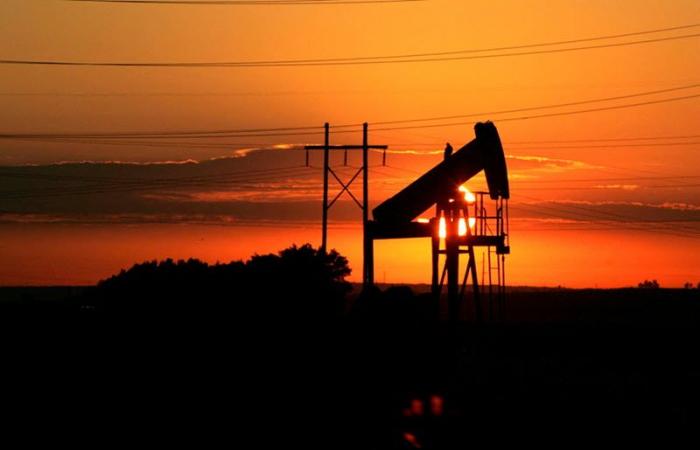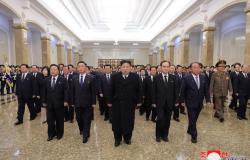Shipments of Russian crude oil by sea have seen a drop of around 11% since October due to maintenance work at one of the country’s main export terminals. Average volume over the past four weeks was recorded at 3.06 million barrels per day, a decrease from the recent peak of 3.46 million barrels per day two months ago.
The decline coincides with increased pressure from Western nations on Russia’s shadow fleet of tankers, which was built up to keep oil flowing. Additionally, refining operations reached their highest weekly rate since mid-August, which could potentially reduce the amount of crude oil available for export. Russia also faces increased pressure to meet its OPEC+ production target, which was extended until the end of March.
In response to Russia’s oil trade, European countries have increased sanctions on ships carrying Moscow’s oil. The European Union added 42 tankers to its list of sanctioned ships on Monday, more than half of which were already sanctioned by the United Kingdom. In a separate move, 12 European countries are preparing to tighten restrictions on tankers carrying Russian oil around the world by requiring proof of protection against oil spills and other high-cost disasters.
Ukraine has identified 238 tankers it believes are part of the ghost fleet, with plans for authorities to impose new sanctions on these carriers. Nearly two-thirds of tankers sanctioned by Western nations for their involvement in the Russian oil trade remain idle, with many congregating near Russian ports.
Russia has extended its ban on oil sales to foreign buyers who comply with the price cap mechanism imposed by G7 nations until the end of June. This is in response to Russia’s invasion of Ukraine in 2022.
In other developments, Russian oil exporters are strengthening their relationships with buyers in India. Rosneft, a Russian oil company, has agreed to supply about 500,000 barrels of crude oil per day to Reliance Industries under a 10-year contract expected to begin in January.
This article was generated and translated with the help of AI and reviewed by an editor. For more information, see our T&Cs.






